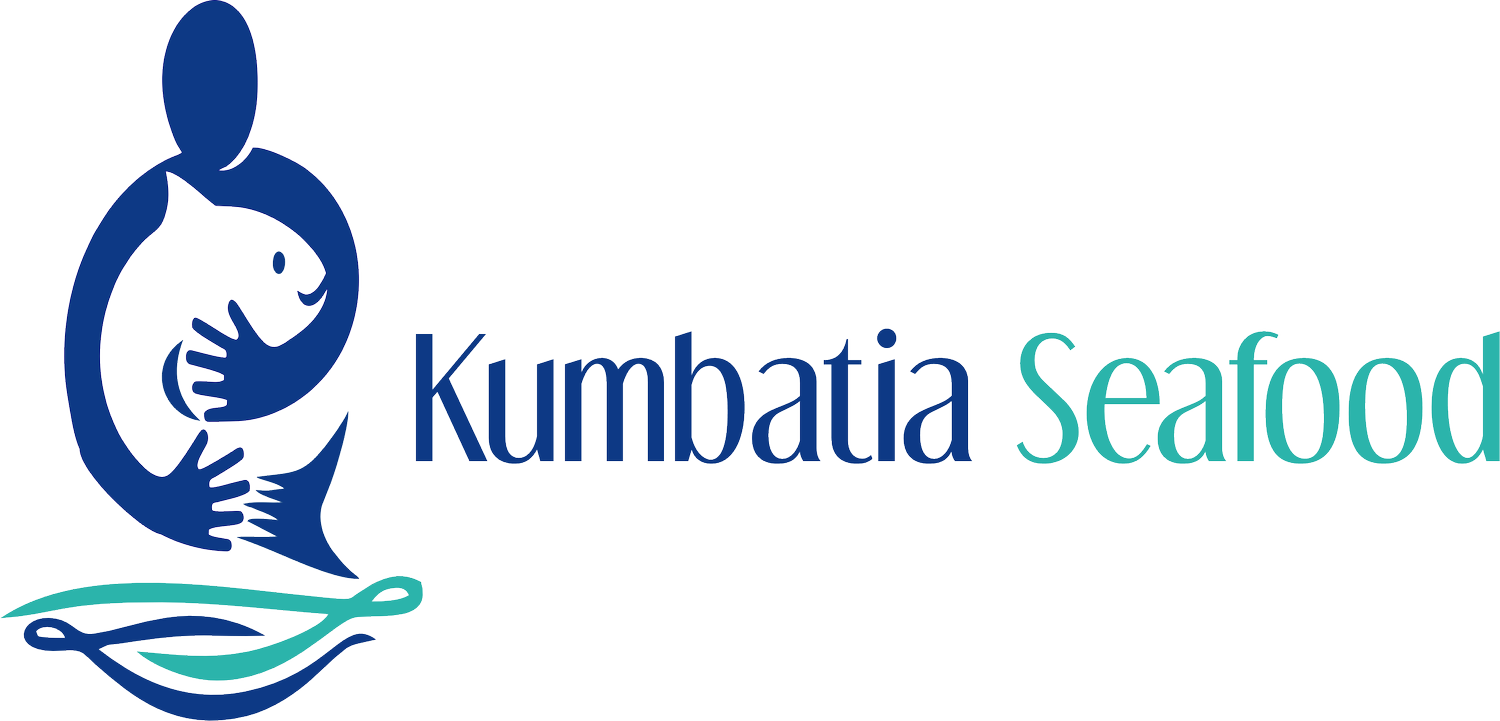Kumbatia Seafood Stakeholder Highlight: Madam Aziza
Madam Aziza is the chairlady of Lamu Fish Processors Common Interest Group (LFP CIG), a position she’s held since October 2018. Kumbatia has recently partnered with Madam Aziza and her facility to bolster our operations in Lamu County and support the various initiatives that improve local fishers' income.
15 years ago, Madam Aziza, formerly known as Mama Samaki (Samaki being fish in Swahili), opened her first small shop in Lamu town, gradually becoming the main wholesaler and supplier of fish to a vast local clientele, including the local Mama Karanga (a woman who sells fried fish on the roadside). As her business expanded, and her reputation as a reliable and trusted supplier grew, she started transporting fish to Mombasa due to a local oversupply and more competitive pricing.
During these years, her growing prominence in Lamu Town for developing the fish business and improved market access for fishers and traders caught the attention of global NGOs and county officials.
In late 2018, Madam Aziza and her like-minded partners in Lamu Town established LFP CIG with the support of the county government and World Wide Fund for Nature (WWF) in collaboration with Shela and Lamu Beach Management Units (BMUs). The primary objective of the facility is to develop value-addition capacity at the local level, handle surplus production, reduce waste, and broadly enhance the local fish trade. Through these external partnerships, the facility was equipped with cold storage equipment, solar panels, and other essential materials.
Today, Madam Aziza has many responsibilities. First, she manages the capacity building program alongside her funding partners which trains women on fileting and fish handling methods to improve their product quality, a critical element of value addition. Additionally, she trains fishers under the BMUs on sustainable fishing methods and provides them with cost-effective ice, fuel, and gear. Lastly, she supports the fishers in financial management training, a serious concern for the local industry given fishing capabilities are seasonal and input costs have grown tremendously in recent years.
The fish industry is an extremely male-dominated field, so Madam Aziza has faced challenges. Primarily, the fishers she engages would challenge her authority. “Some men would talk over me, and not follow direct instructions expecting me to be soft-spoken, and with such cases, I was always clear from the start. If we cannot work together respectfully, "I would tell them to kindly find another supplier. I'd put my foot down and be stern, and that's how I gained their respect,” she said.
Our collaboration with LFP has supported the facility's operations and throughput. This partnership has created local job opportunities and increased the market access for fishermen. We are proud to be working with Madam Aziza and the broader organization.
